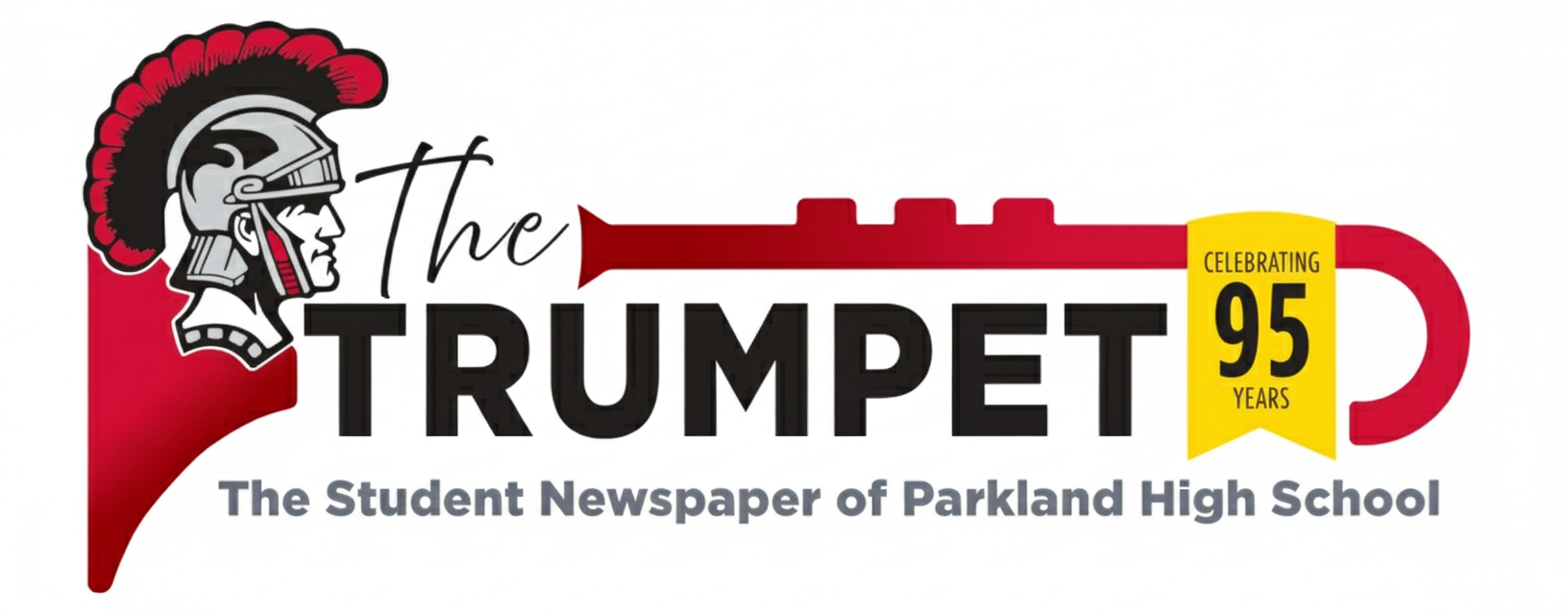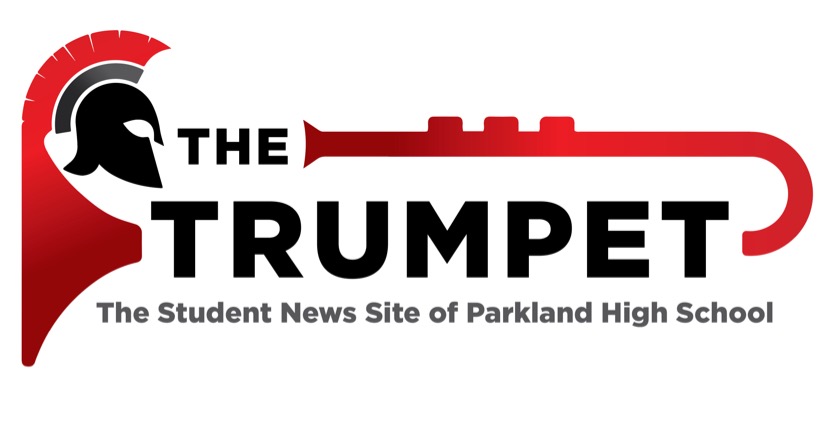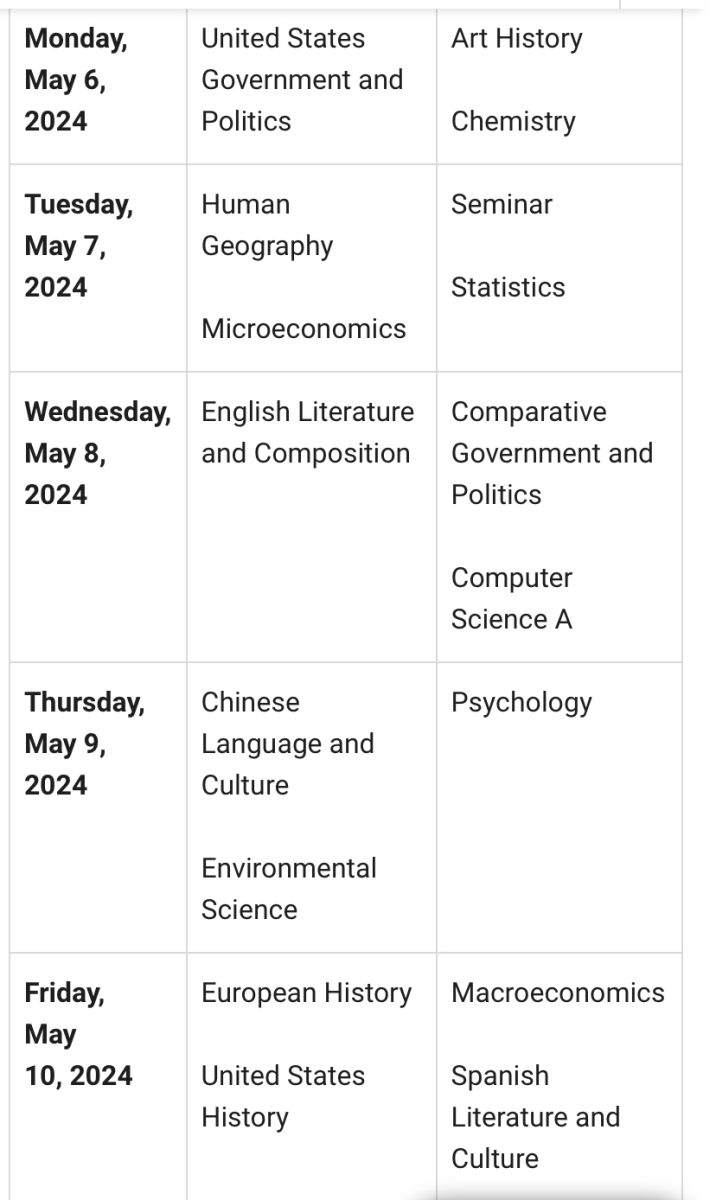Students are preparing themselves for the upcoming AP (advanced placement) exams that are taking place this spring. What are the AP exams? The AP exams are a series of standardized exams that are administered to students who are enrolled in AP courses. These exams are important for students as they can aid them in improving their GPA as well as help students stand out on their college applications. The AP exams are very rigorous and students experience months of preparations leading up to the dates that the exams are taken. This year the exams are scheduled to be taken throughout a two-week period of May 6 to May 17.
Students involved in AP courses have been preparing for the exams since the summer through online practice tests and study materials. Throughout the school year so far, AP courses have spent time reviewing the format of the exams as well as the content of the exams. AP courses have also offered forms of studying materials and programs to aid students in preparing for the exams.
30 AP courses are offered to students in each grade level here at Parkland High School and cover numerous subjects in English, math, social studies, languages, science, technology, and arts. All 30 of the courses offered at Parkland administer AP exams at the scheduled date. According to the College Board, there are certain AP courses that are more popular at each grade level. Among freshmen and sophomores, the most commonly taken AP courses are centered around social studies such as geography and history. For juniors and seniors the most commonly taken courses are generally courses that are centered around math, science, and technology. As the date for the exams approaches, students and teachers are hoping for the exam takers to give their best effort and achieve their best score possible.
Mrs. Slotter has been teaching AP World History Modern for three years and gave her opinions on AP courses and exams. “The hardest part about taking an AP class, in my opinion, is the workload that goes along with it. There is such an incredible amount of content to cover that students absolutely have to stay on top of readings and assignments, otherwise it is so easy to fall behind. My tips for students who are preparing are a few: first off, relax! This one test, in the grade scheme of things, isn’t going to dictate your future. Take a deep breath going in, and do your best; knowing that you’ve already successfully completed some of the toughest classes in the country is an accomplishment in itself. Don’t wait to study! I try to encourage kids to begin reviewing at least a month ahead of time…little bits here and there go a long way! From that, organize your notes into the things you easily remember, those you are somewhat confident in, and the stuff you’re still struggling to comprehend. Focus your studying around those somewhat struggling piles, but again, just a bit here and there to avoid being overwhelmed. Pay attention in class! In my class we so often tie back to prior content, and we are always always always practicing the skills that are assessed on the exam. By paying attention in class and treating each assignment with its due diligence, you are already setting yourself up for an easier exam experience. Finally, PRACTICE the skills! The exam for my class is more skill based, and understanding how those skills are assessed and cleaning up your writing can go a huge way to getting that 4 or 5 on the exam.”
This article previously ran in the April print edition.









